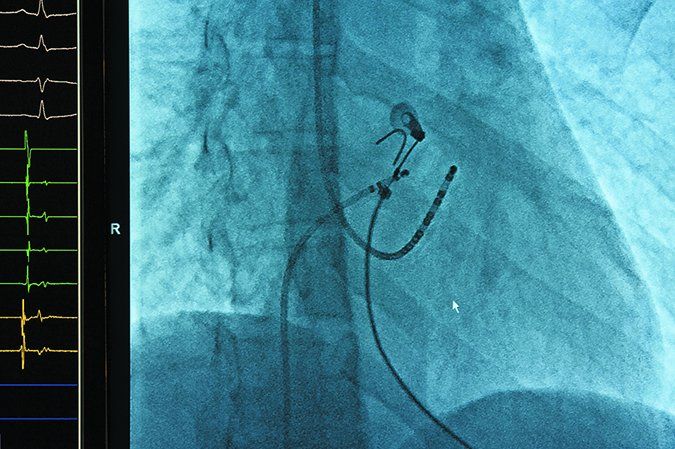To continue reading this article or issue you must be a paid subscriber. Sign in
Subscribe to Heart Advisor
Get the next year of Heart Advisor for just $20. And access all of our online content - over 2,000 articles - free of charge.
Subscribe today and save 38%. It's like getting 5 months FREE!






